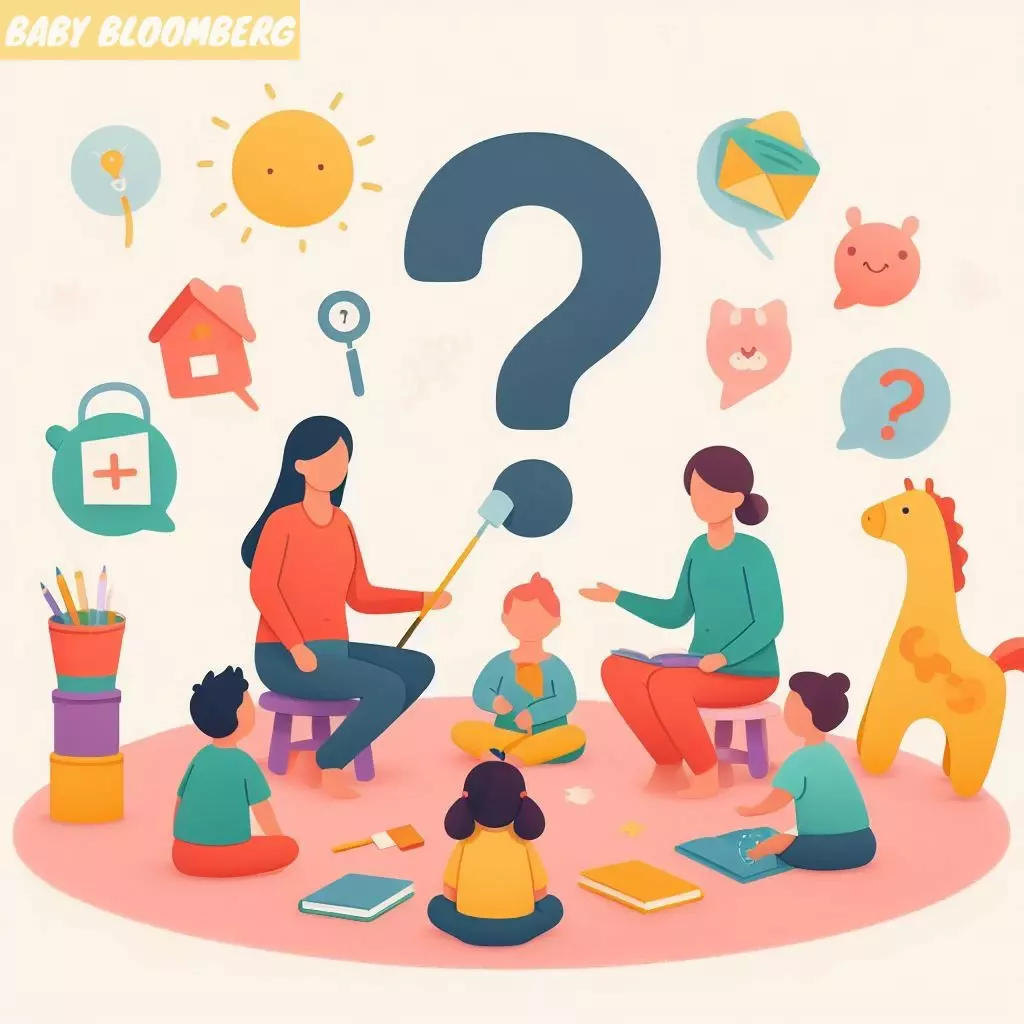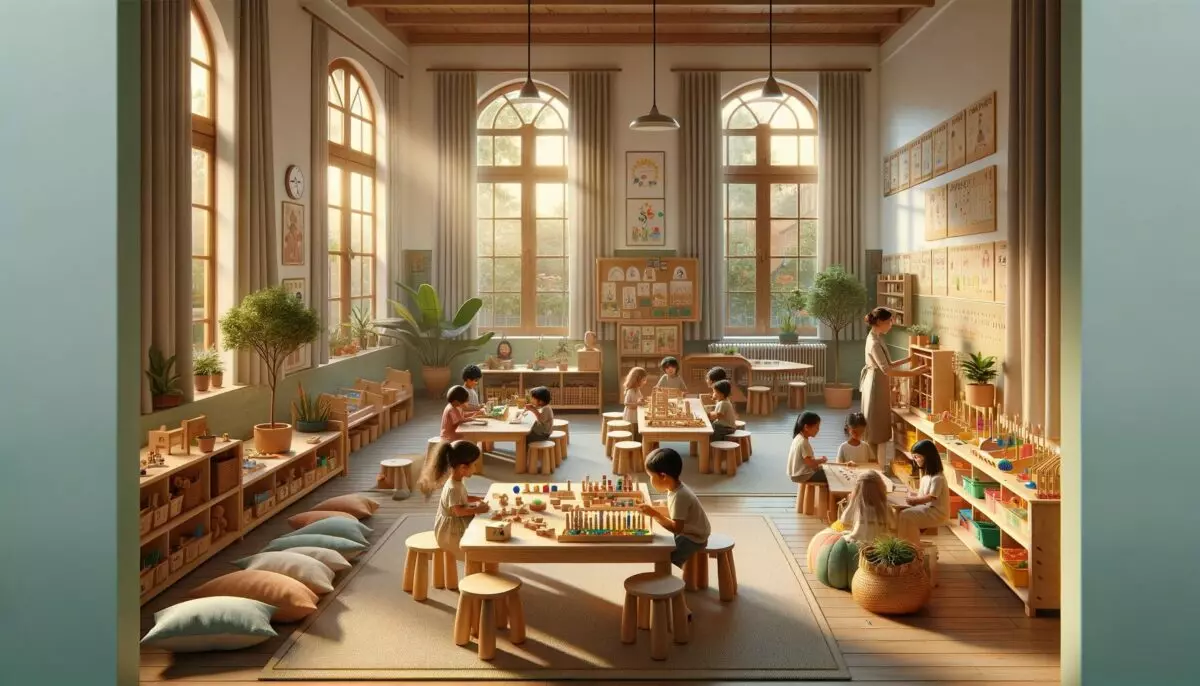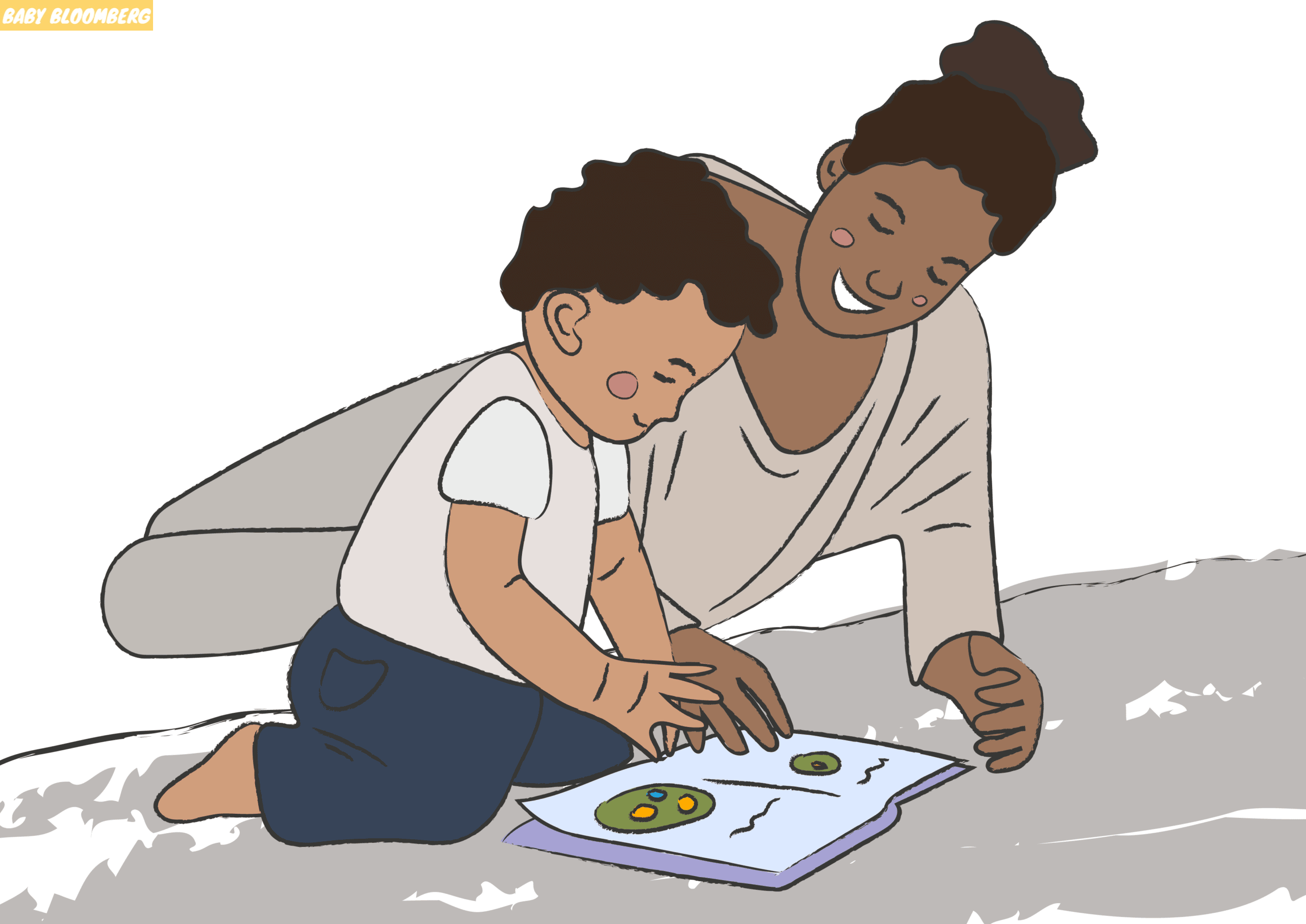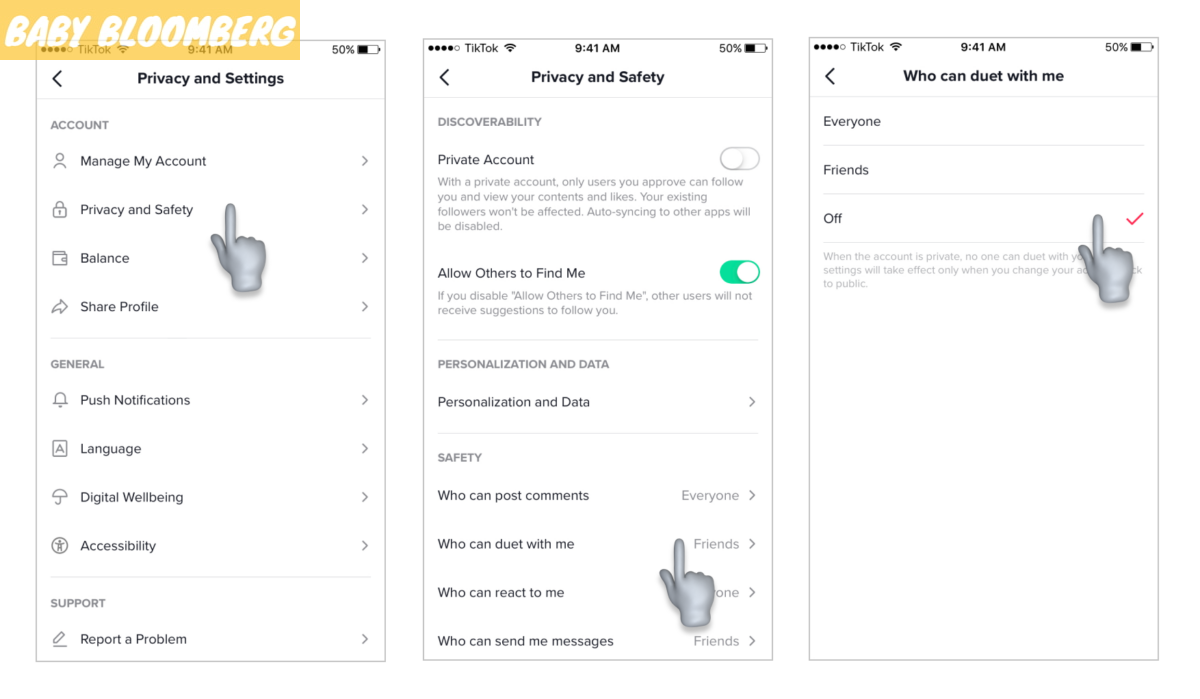Choosing the right preschool for your child is an important decision that can greatly impact their development and future academic success. With so many options available, it can be overwhelming to make the best choice. That’s why it’s essential to ask the right questions and gather as much information as possible before making a decision. In this article, we will discuss the key questions to ask preschools to ensure a quality early childhood education for your child.
Language Acquisition: Fostering Communication Skills in Preschool
Language acquisition plays a crucial role in a child’s cognitive and social development. Preschools should focus on creating an environment that encourages and supports language development. Here are some questions to consider:
- How does the preschool facilitate language development in young children?
- What activities or strategies are implemented to promote language acquisition?
- Are books and storytelling an integral part of the preschool curriculum?
- How does the preschool support children who are learning English as a second language?
- Is there a bilingual program available for dual language learners?
By asking these questions, you can ensure that the preschool values language acquisition and has effective strategies in place to support your child’s communication skills.
Receptive Language: Understanding and Responding to Verbal Communication
Receptive language skills refer to a child’s ability to understand and comprehend spoken language. It is crucial for preschools to create an environment that fosters receptive language development. Here are some questions to ask:
- How do teachers engage children in conversations and encourage active listening?
- Are there specific activities or resources used to enhance receptive language skills?
- How does the preschool incorporate vocabulary building and word recognition?
- What steps are taken to support children with language delays or difficulties in understanding?
By exploring these questions, you can gain insight into the preschool’s approach to receptive language development and their ability to support children at different levels.
Developmentally Appropriate Activities: Nurturing Well-Rounded Growth
Preschools should provide developmentally appropriate activities that cater to the physical, cognitive, social, and emotional needs of young children. Asking the following questions can help you assess the preschool’s commitment to fostering well-rounded growth:
- How does the curriculum incorporate age-appropriate activities?
- Are there opportunities for sensory play, creative expression, and physical movement?
- How does the preschool promote problem-solving, critical thinking, and decision-making skills?
- Are there opportunities for children to engage in cooperative play and develop social skills?
- What measures are in place to ensure a balance between structured learning and free play?
By understanding the preschool’s approach to developmentally appropriate activities, you can ensure that your child will receive a comprehensive education that supports their overall growth.
Dual Language Learners: Embracing Multilingualism and Cultural Diversity
As our society becomes more diverse, it is important for preschools to embrace and celebrate different languages and cultures. If your child is a dual language learner or comes from a multicultural background, consider asking the following questions:
- How does the preschool support dual language learners in maintaining their home language while learning English?
- Are there bilingual educators or resources available to provide language support?
- How does the preschool incorporate diverse cultural experiences into the curriculum?
- Are there opportunities for children to learn about and appreciate different cultures?
By addressing these questions, you can ensure that the preschool values and respects the cultural and linguistic diversity of its students.
Preschool Curriculum: Providing a Strong Foundation for Learning
The curriculum of a preschool is a critical component in ensuring your child receives a quality education. Consider asking the following questions to evaluate the preschool’s curriculum:
- What is the overall structure of the curriculum?
- Does the curriculum align with current early childhood education standards?
- How does the curriculum incorporate various subjects, such as literacy, math, science, and the arts?
- Is there a focus on hands-on, experiential learning?
- What assessment methods are used to monitor children’s progress?
By understanding the preschool’s curriculum, you can determine whether it aligns with your educational goals and expectations.
Early Childhood Education: Qualified Educators and Teaching Methods
The qualifications and expertise of the educators play a crucial role in providing a quality early childhood education. Consider asking the following questions to assess the professionalism of the preschool’s teaching staff:
- What are the qualifications and certifications of the teaching staff?
- Is there ongoing professional development and training provided for the educators?
- How does the preschool engage in reflective practice to enhance teaching methods?
- Are there opportunities for parental involvement in the education process?
- How are children’s individual needs and learning styles addressed?
By addressing these questions, you can ensure that the preschool has a team of qualified educators who are dedicated to providing the best possible education for your child.
Child Development: Emphasizing Holistic Growth and Well-being
Preschools should prioritize the holistic development and well-being of each child. Consider asking the following questions to assess the preschool’s approach to child development:
- How does the preschool support social and emotional development in young children?
- Are there strategies in place to foster independence, self-regulation, and positive self-esteem?
- How does the preschool address any behavior challenges or special needs?
- What measures are taken to promote physical health and safety within the preschool?
By exploring these questions, you can ensure that the preschool provides a nurturing environment that supports your child’s overall development.
Language Environment: Creating a Language-Rich Atmosphere
A language-rich environment is essential for supporting language acquisition and development. Consider asking the following questions to evaluate the language environment of the preschool:
- How is language used and encouraged throughout the preschool environment?
- Are there designated areas or resources that promote language and literacy development?
- Does the preschool provide opportunities for children to engage in meaningful conversations with peers and educators?
- How are children exposed to a wide range of vocabulary and language structures?
By understanding the language environment of the preschool, you can ensure that your child will have ample opportunities to immerse themselves in a language-rich atmosphere.
Scaffolding: Supportive Teaching Strategies for Optimal Learning
Scaffolding refers to the teaching strategy where educators provide just enough support to help children master a new skill or concept. Consider asking the following questions to assess the preschool’s approach to scaffolding:
- How do teachers provide individualized support to meet each child’s unique learning needs?
- Are there clear goals and objectives for children’s learning and development?
- How are challenging tasks broken down into manageable steps?
- What strategies are used to build upon children’s prior knowledge and experiences?
By addressing these questions, you can ensure that the preschool employs effective scaffolding techniques that promote optimal learning and skill development.
Key Words in Early Childhood Education: A Comprehensive Approach to Learning
The incorporation of key words in early childhood education ensures that children receive a comprehensive education that covers all essential learning areas. Consider asking the following questions to assess the preschool’s commitment to key areas of early childhood education:
- How does the preschool integrate literacy skills, including phonics, reading comprehension, and writing?
- What math concepts and skills are taught, such as number sense, patterns, and problem-solving?
- Are there opportunities for hands-on science experiments and exploration?
- How does the preschool incorporate the arts, such as music, dance, and visual arts, into the curriculum?
By exploring these questions, you can ensure that the preschool provides a well-rounded education that covers all key areas of early childhood development.
FAQs
- Q: How can I determine if a preschool is right for my child?
A: Visit the preschool, ask questions, and observe the environment to assess if it aligns with your child’s needs and your educational goals. - Q: Is it necessary for the preschool to have extracurricular activities?
A: While extracurricular activities are not essential, they can enhance your child’s overall learning experience and provide opportunities for further exploration. - Q: What should I look for in terms of health and safety protocols?
A: Ensure that the preschool follows proper hygiene practices, has appropriate safety measures in place, and complies with local regulations. - Q: Can I get financial assistance for preschool tuition?
A: Research if there are any financial aid programs or scholarships available for preschool education in your area. - Q: How important is parent involvement in preschool?
A: Parent involvement can greatly enhance a child’s educational journey. Look for a preschool that encourages open communication and collaboration with parents. - Q: What should I do if my child has special needs or learning differences?
A: Ask the preschool how they support children with special needs and ensure that they have trained professionals and individualized plans in place.
Choosing the right preschool for your child is a significant decision that requires careful consideration. By asking the right questions and gathering relevant information, you can ensure that your child receives a quality early childhood education that supports their overall development. Use the questions and insights provided in this article as a guide to help you make an informed decision and set your child on a successful educational path.












